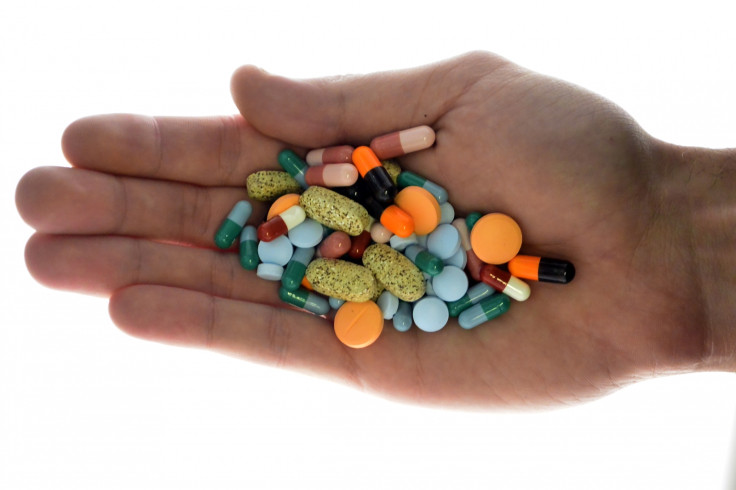Large increase in cases of teenage girls admitted to hospital after self-poisoning

The number of teenage girls who intentionally poison themselves in order to self-harm has risen to more than 18,000 per year in the UK.
Cases of girls aged 0-19 recorded by hospitals as self-poisoning showed increased by almost 5,000 from the five years between 2010 and 2015, according to figures from the Health and Social Care Information Centre.
Lucie Russell, Director of Campaigns at young people's mental health charity YoungMinds said: "Teenagers face a lot of different pressures that may lead to them self-harming, including family breakdown, school stress, bullying, pressures around body image, early sexualisation and 24/7 online culture.
"Self-harm is a symptom of an underlying problem, not an illness in itself – and it's important that everyone who's concerned with the health of young people, including parents, GPs and teachers, looks for the signs of distress in both girls and boys."
The numbers show a spike in cases of self-poisoning, which selfharmUK describes as "overdose-type actions, and also include ingesting things not meant for human consumption", which is classified as a type of self-harm and does not necessarily equate a suicide attempt.
The age group most at risk of self-poisoning for girls was 15-year-olds, with 3,738 hospital admissions recorded over one year (2014-15) due to self-poisoning in the age group.
What is self-poisoning?
Classed as a kind of self-harm, self-poisoning is described by selfharmUK as "overdose-type actions, and also include ingesting things not meant for human consumption."
The website added: "It is important to understand that self-poisoning is a type of self-harm, and doesn't always mean someone is trying to end their life."
The dangerous practice could result in organ failure, long-term medical problems or even death, and is on the rose compared to other types of self-harm.
Self-poisoning is particularly prevalent in teenage girls, with those of 15 most likely to be admitted to hospital for self-poisoning according to statistics from the Health and Social Care Information Centre.
If you or someone you know is worried about self-harming, or needs to talk, contact the Samaritans' free helpline on 116 123 or for more information, visit www.selfharm.co.uk or www.youngminds.org.uk
Boys of 19 were the most likely in the age bracket to self-harm by poisoning themselves, although the number of boys who self-harmed in this manner was far lower than girls, with 3,863 hospital admissions recorded for the period 2014-15, compared with 18,034 cases for girls.
The recent figures show a jump of almost 5,000 hospital admissions for girls, with statistics showing an increase of almost 5,000 cases over a five-year period. Early estimated figures for 2015-16, using cases reported from April to October 2015, already show more than 12,000 cases for the seven-month period, meaning the amount of cases is likely to exceed figures from five years ago.
However, data recording for self-poisoning changed between 2012-13 and 2013-14, meaning the severe jump from around 13,000 cases each year to more than 18,000 could also be linked to the way in which the number of cases was recorded.
© Copyright IBTimes 2024. All rights reserved.






